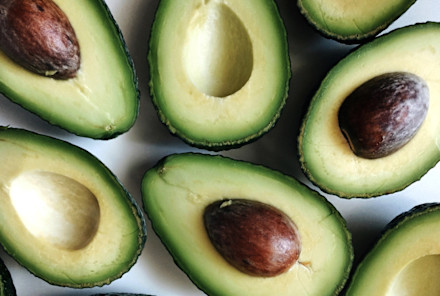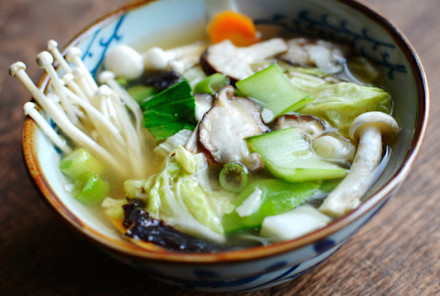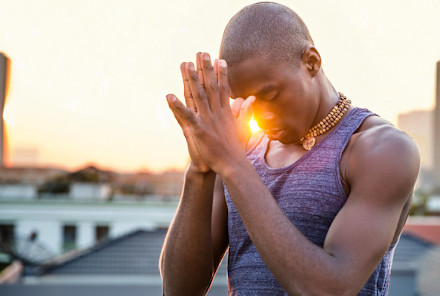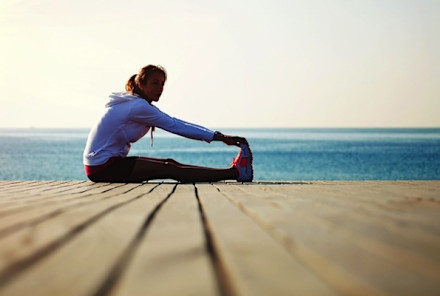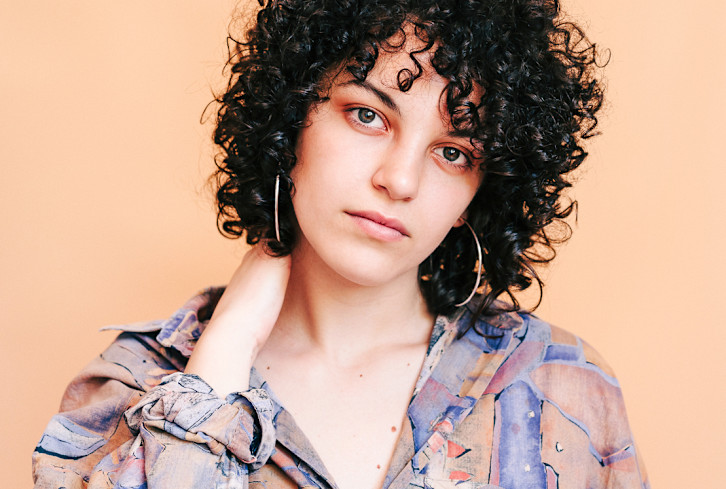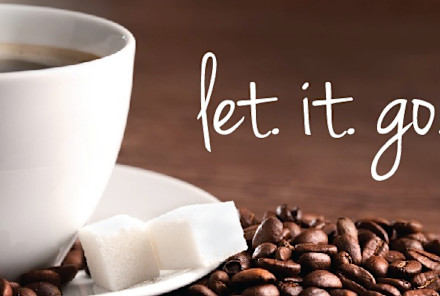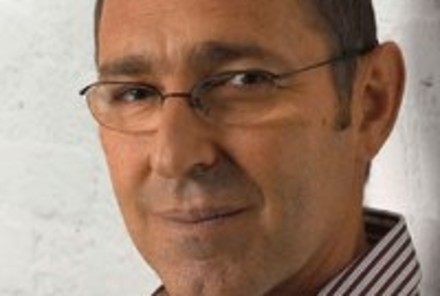Frank Lipman, M.D.
Functional Medicine Doctor & NY Times bestseller
For Dr. Frank Lipman, health is more than just the absence of disease: it is a total state of physical, mental, emotional, spiritual and social wellbeing. Dr. Lipman is a widely recognized trailblazer and leader in functional and integrative medicine, and he is a New York Times best-selling author of five books, How to Be Well, The New Health Rules, Young and Slim for Life, Revive and Total Renewal.
After his initial medical training in his native South Africa, Lipman spent 18 months working at clinics in the bush. He became familiar with the local traditional healers, called sangomas, which kindled his interest in non-Western healing modalities
In 1984, Lipman immigrated to the United States, where he became the chief medical resident at Lincoln Hospital in Bronx, NY. While there, he became fascinated by the hospital’s addiction clinic, which used acupuncture and Chinese medicine making him even more aware of the potential of implementing non-Western medicine to promote holistic wellbeing.
He began studying nutrition, acupuncture, Chinese medicine, herbal medicine, functional medicine, biofeedback, meditation, and yoga. Lipman founded the Eleven Eleven Wellness Center in 1992, where he combines the best of Western medicine and cutting edge nutritional science with age-old healing techniques from the East. As his patient, chef Seamus Mullen, told The New York Times, “If antibiotics are right, he’ll try it. If it’s an anti-inflammatory diet, he’ll do that. He’s looking at the body as a system rather than looking at isolated things.”
In addition to his practice, he is also an instructor in mbg's Functional Nutrition Program.
connect with Frank Lipman, M.D.
Q&A
What is your wellness philosophy?
Wellness is much more than about what you eat and how many times a week you go to the gym. It is encompasses how you sleep, how you move, how you relax and unwind, how you protect yourself from the thousands of chemicals we are exposed to on a daily basis and how you connect with yourself, your family, friends and community, and the world at large. And probably most importantly, it's about how much love and support you have in your life. It’s usually determined by the small choices you make on a daily basis, how much you laugh, how kind you are to others, how much time you spend in nature, how much fun you have, how many close intimate relationships you have and generally how you make your daily habits healthy.
What brought you into wellness?
Soon after I became a doctor in 1980, I realized that my training (like all doctors) was in treating diseases. I was wonderful at crisis care but noticeably deficient in taking care of the common problems that most people present with to their doctors. I realized that western medicine is a disease care system and not a health care system and if I wanted to help my patients stay healthy, I would have to explore other modalities and systems that were not included in my training. So in the early 80s I started on a journey to explore what would be a better and more comprehensive way of taking care of my patients. I started with traditional Chinese medicine and then went on to
discover the importance of nutrition (something never talked about in my regular medical training), meditation, yoga, herbs, and whatever I thought could possibly add to my arsenal of treatments. In the late 80s it sort of coalesced into a complete wellness philosophy.
What does You. We. All. mean to you?
To me, it means UBUNTU. Ubuntu is a Xhosa word that serves as the spiritual foundation of African societies. It basically means what makes us human is the humanity we show each other. It articulates a basic understanding, caring, respect, and compassion for others and sees humanity as a web of family, rather than a mass of individuals. It affirms that a person is a person through other people, that we are all related, interdependent and connected to each other.
What inspires you?
I am inspired by the next generation, particularly the Millennials. They really get the wellness concept, think for themselves, and have no problem asking questions when it comes to the institutions and powers that they feel have misled them. I feel I finally have a large group of people who are on the same page as me. It is both inspiring and rewarding as I have been fighting so hard for so many years for something that I knew was so obviously right. They get it!




